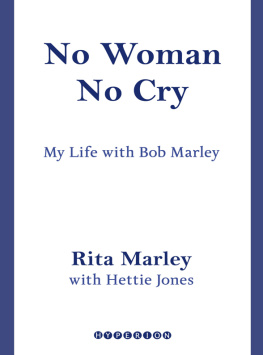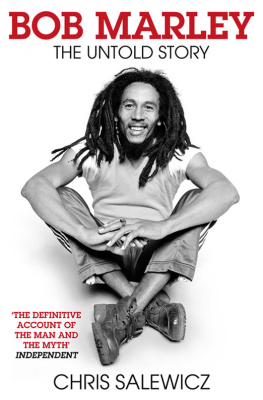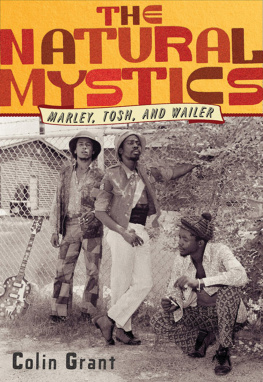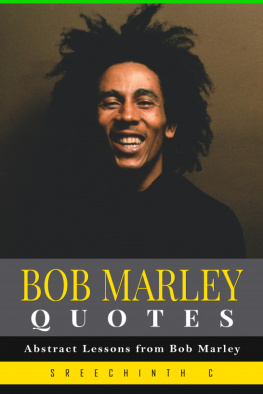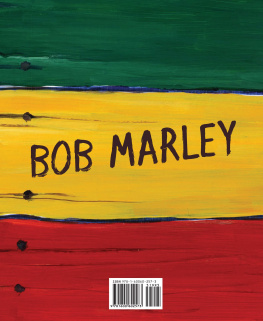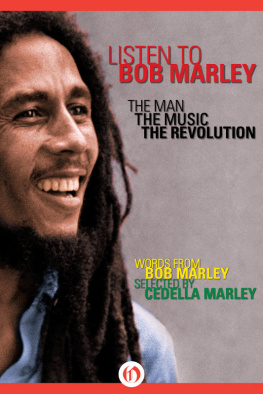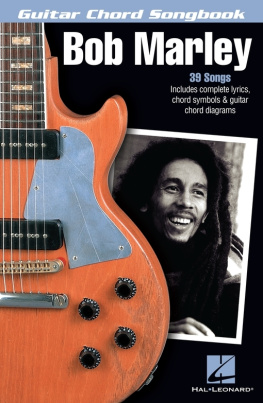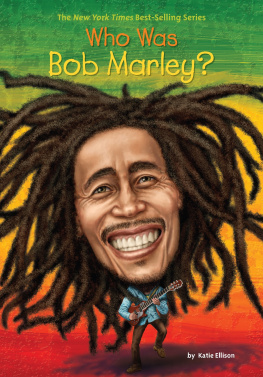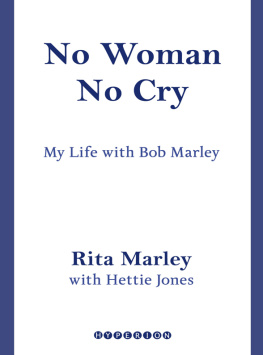
No Woman
No Cry
My Life with Bob Marley
Rita Marley
with Hettie Jones

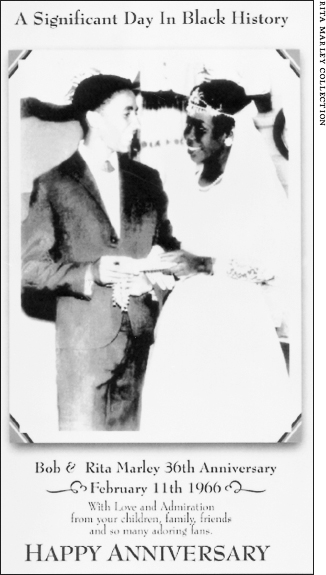
A significant day in black historyFebruary 11, 1966. Both of us wearing the same size smile!
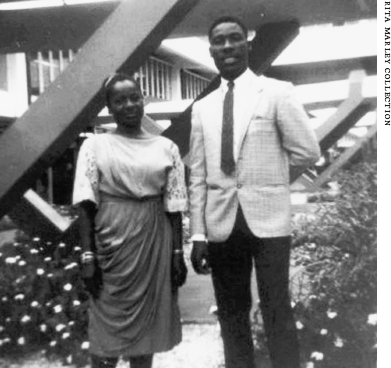
Aunty Vie and my brother Wesmy caretakers.
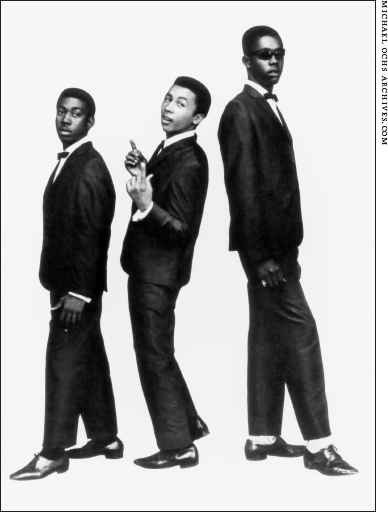
The Wailing WailersBunny, Bob, and Peter, 1966.
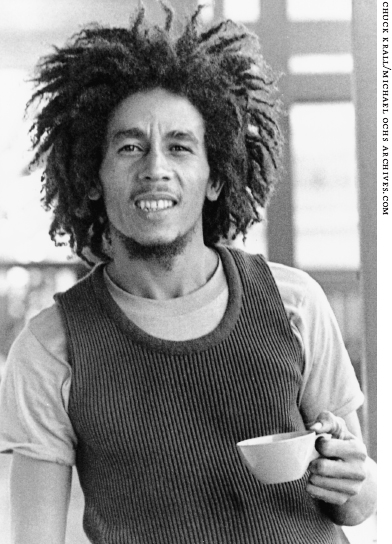
Bobs first recording, One Cup of Coffee, 1973.
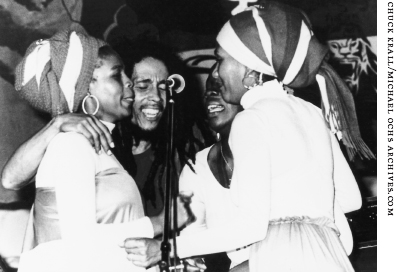
Bob getting his usual hug onstage with the I-Three, Starlight Theater, California, 1978.
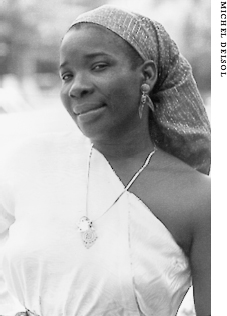
Me in one of my moods.
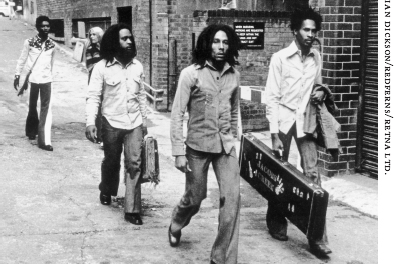
The Wailersgood to go at the Birmingham Odeon, 1974.
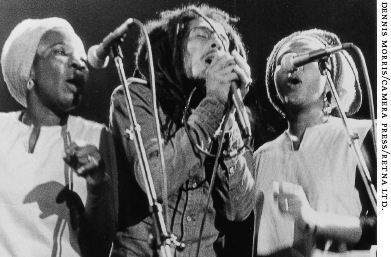
Rastaman vibrationspositive! Hammersmith Odeon in London, 1976.
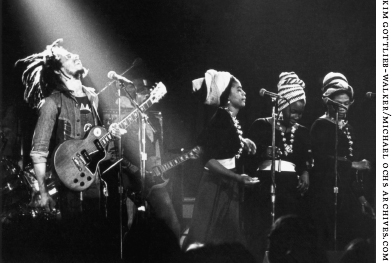
Could You Be Loved, Roxy Theater, Los Angeles, California, 1976.
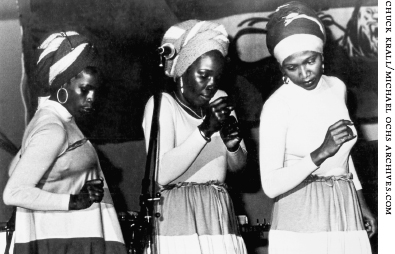
The I-Three doing their thing. Starlight Theater, California, 1978.
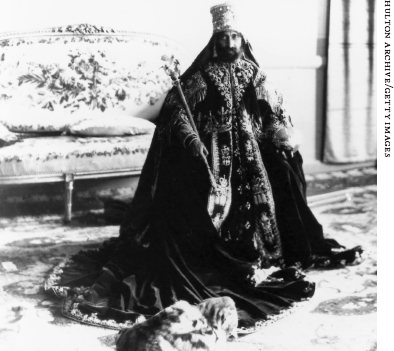
Emperor of Ethiopia Haile Selassie I, King of Kings, Lord of Lords, Conquering Lion of the Tribe of Judah, Elect of God, at his coronation, November 2, 1930.
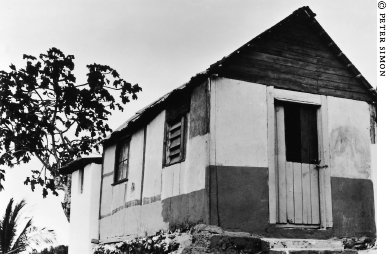
In the ghetto, bitter was sweet.
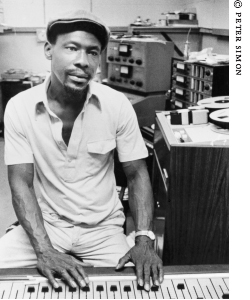
Studio OneJamaicas Motown, where we started.
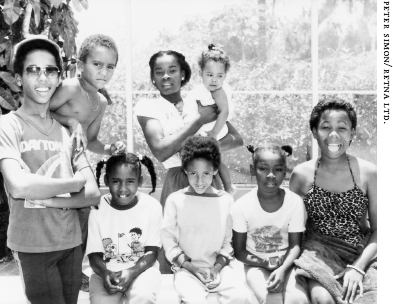
Our children, 1982.
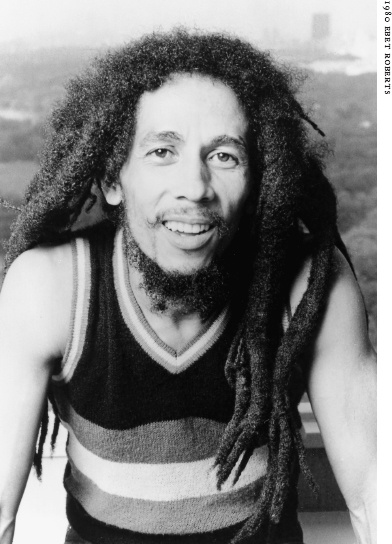
Bob after performing in Madison Square Garden with the Commodores, September 2, 1980.
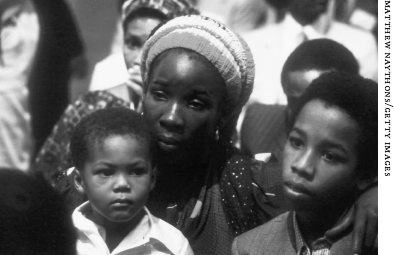
A sad moment. With Steven and Ziggy at the state funeral for Bob in Kingston, May 21, 1981.
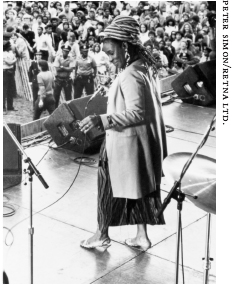
Me in Central Park, doing one of my charity performances.
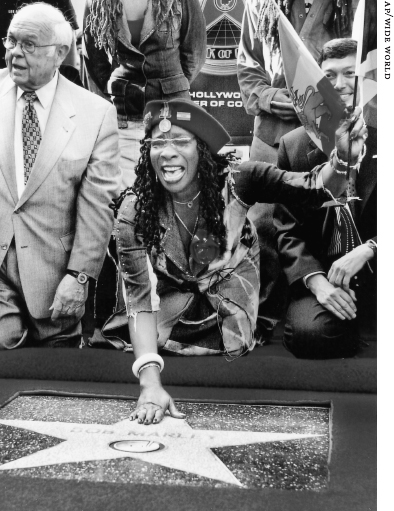
Picking up after him! At the Hollywood Walk of Fame Awards Ceremony honoring Bob, with the Honorary Mayor of Hollywood Johnny Grant. Los Angeles, 2001.
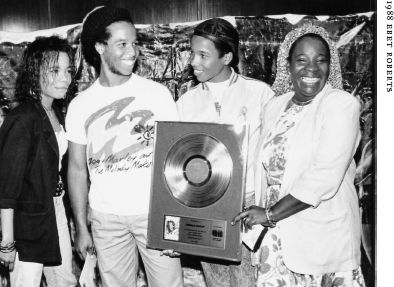
The Melody Makers got the gold for Hey World!
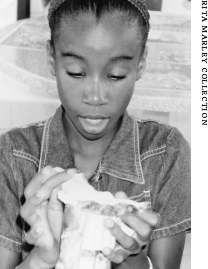
Serita (Washbelly), 1998.
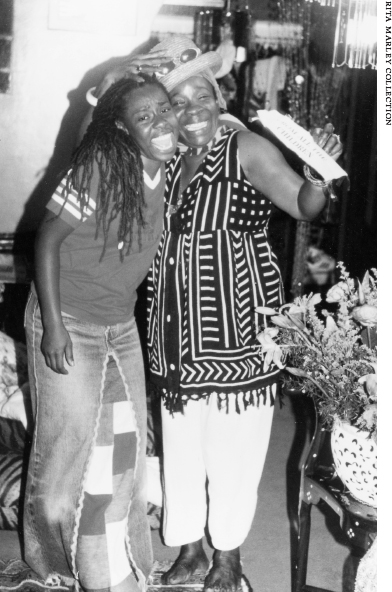
With Stephanie at my usual birthday party in Ghana.
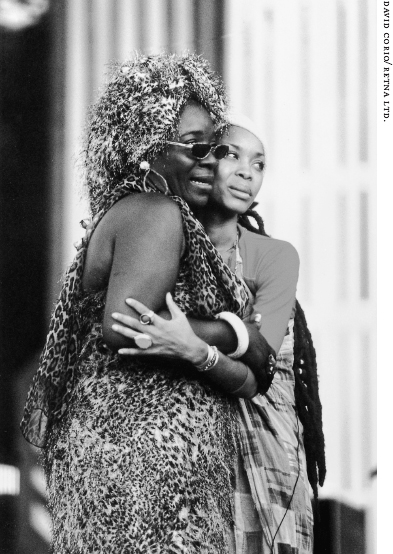
With Erykah Badu at James Bond Beach, Jamaica, for a multi-artist tribute to Bob, 1999.
I remember when we used to sit
in the government yard in Trenchtown
In this bright future, you cant forget your past
Oh, little darling oh my little sister
dont shed no tears
No woman, no cry
BOB MARLEY
CONTENTS
P EOPLE ASK WHAT its like when Im somewhere and suddenly Bobs voice comes on the radio. But the thing about Bob is so deep, it is as if hes always with me, theres always something to remind me. So I dont wait for his voice.
And he did promise me, before he finally closed his eyes, that hed be here. It was May 11, 1981, and the doctors said he was dying of cancer and that there was no hope. But Bob was hanging on, he wouldnt let go.
I had put his head in my arm, and I was singing God Will Take Care of You. But then I started to cry and said, Bob, please, dont leave me.
And he looked up and said, Leave you, go where? What are you crying for? Forget crying, Rita! Just keep singing. Sing! Sing!
So I kept singing, and then I realized, wow, thats exactly what the song was saying: I will never leave you, wherever you are I will be
So if I hear his voice now, its only confirming that hes always around, everywhere. Because you do really hear his voice wherever you go. All over the world.
And one interesting thing about it, to me, is that most people only hear him. But I hear more, because Im on almost all of the songs. So I also hear my voice, I also hear me.
I WAS AN AMBITIOUS girl child. I knew even then that I had to be, in that environment of thugs, thieves, killers, prostitutes, gamblersyou name it, youd find it in Trench Town. But alongside the bad lived the good, a lot of strong, talented people who were really aiming at being someone. Barbers. Bus drivers. Seamstresses. Bob himself worked as a welder for a while.
I grew up in the care of my father, Leroy Anderson, a musician who worked as a carpenter. Sometimes Id go with him to his carpentry jobs, or to hear him play his tenor saxophone. In his woodworking shop outside our house, hed sit me on the end of the board and call me pet names, like Colitos, or Sunshine, or other variations on my full name, Alfarita Constantia Anderson. Because I was very dark-skinned, the kids in school called me blackie tootus (black and shiny, with very white teeth). I learned discrimination early and underestimated my own value because of my color. Jamaica has a long history of color consciousness and racial struggle. Its like that old American song, If youre black, get back, if youre brown, stick around
Next page
